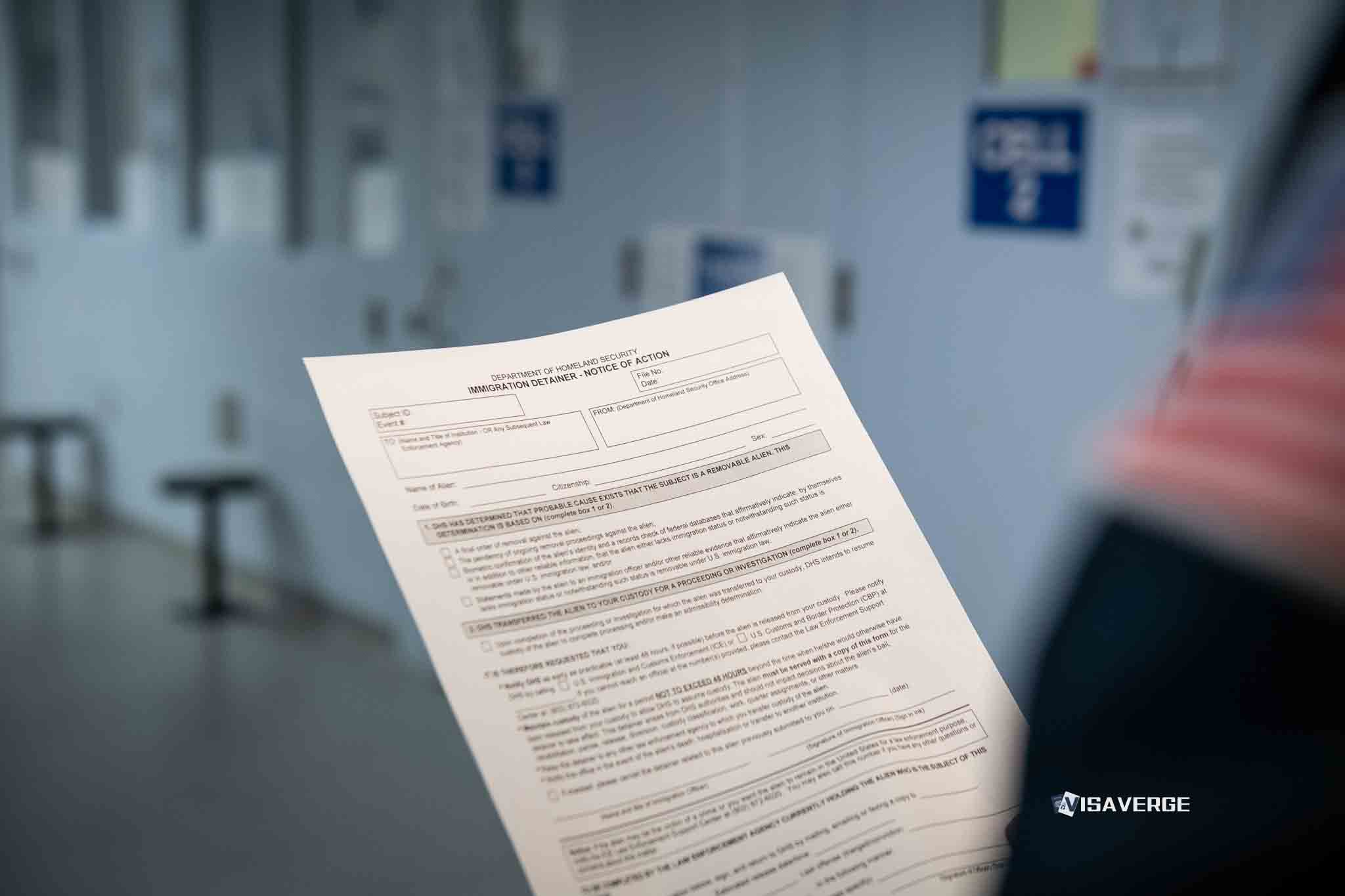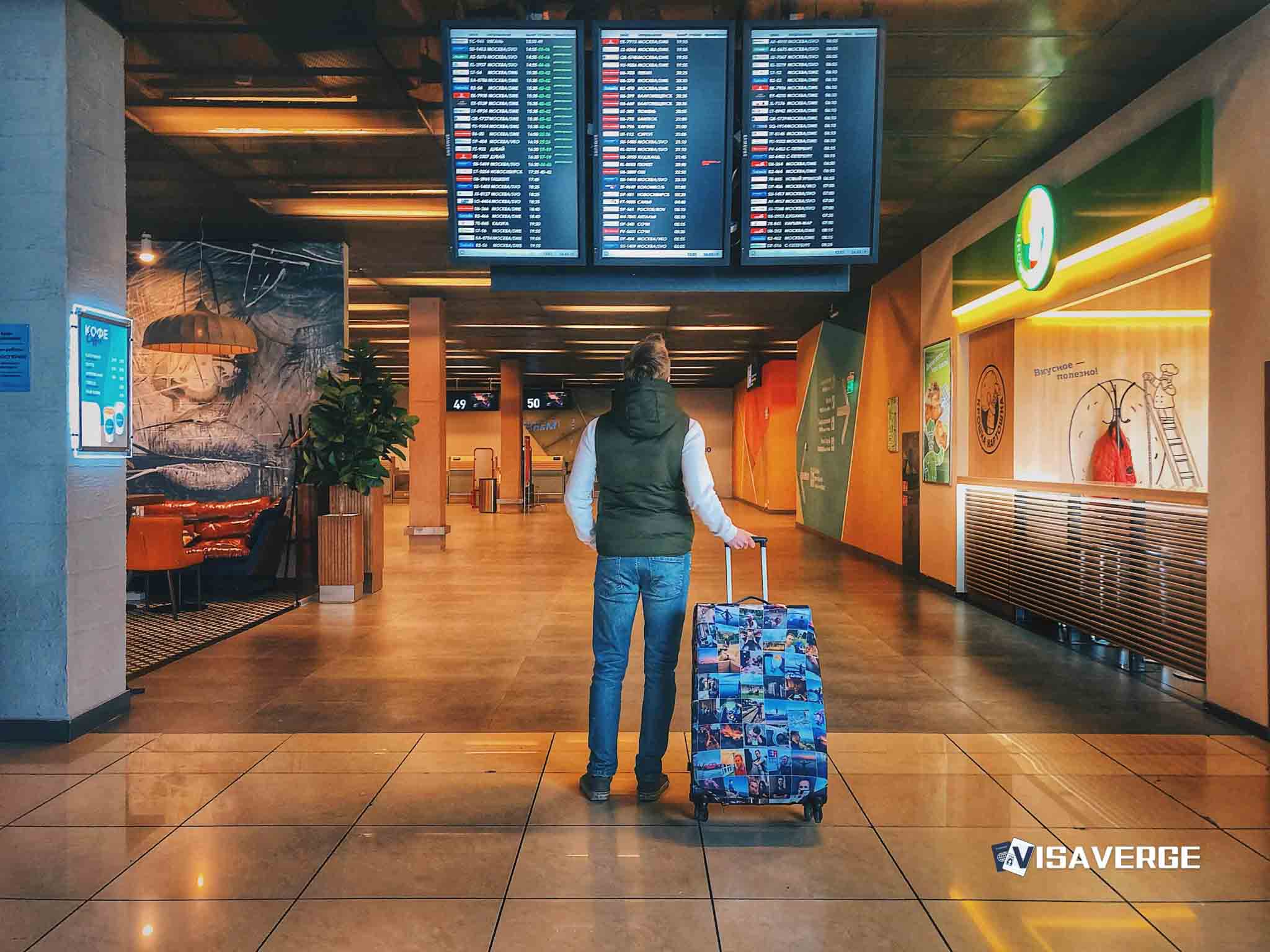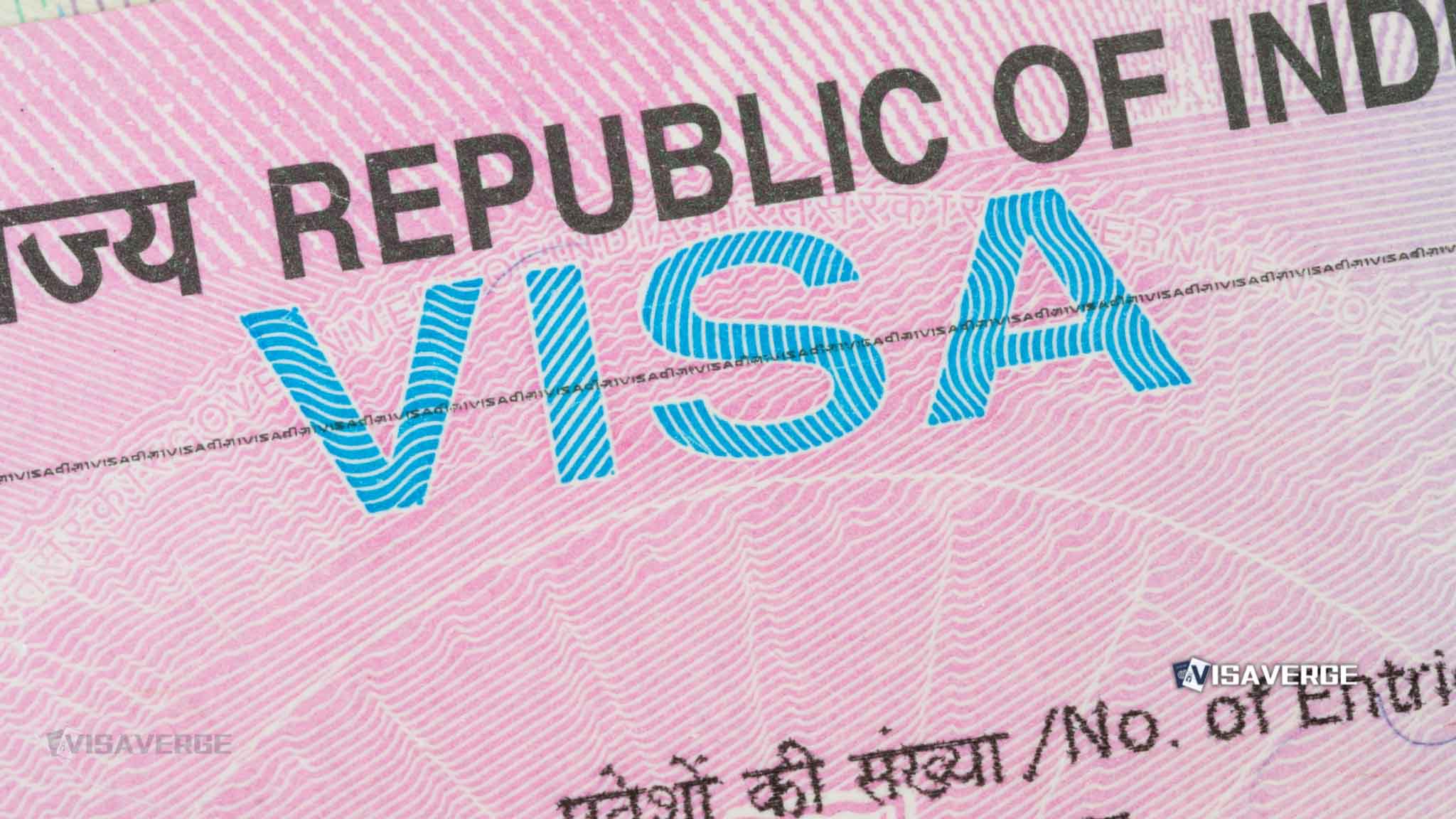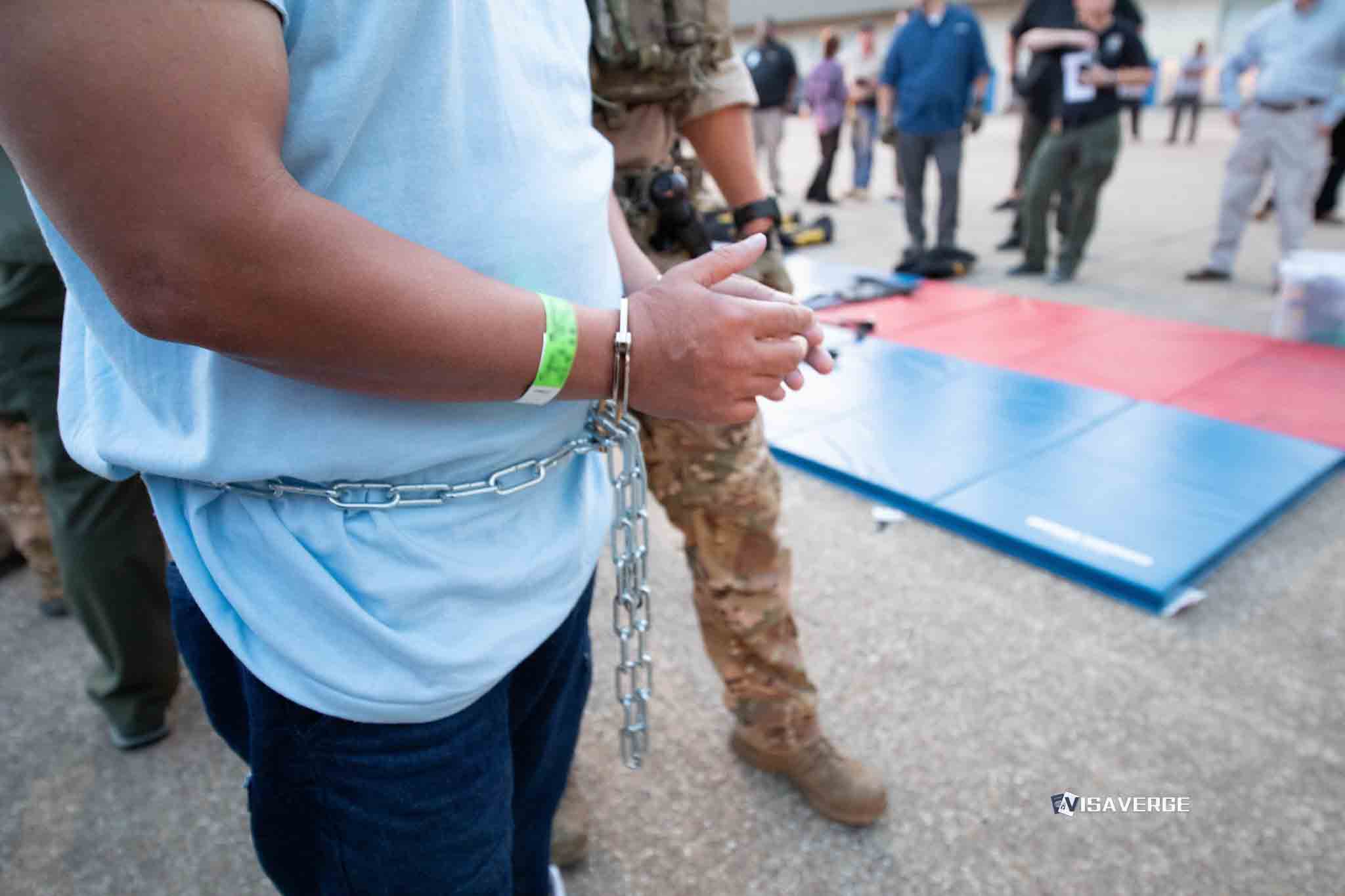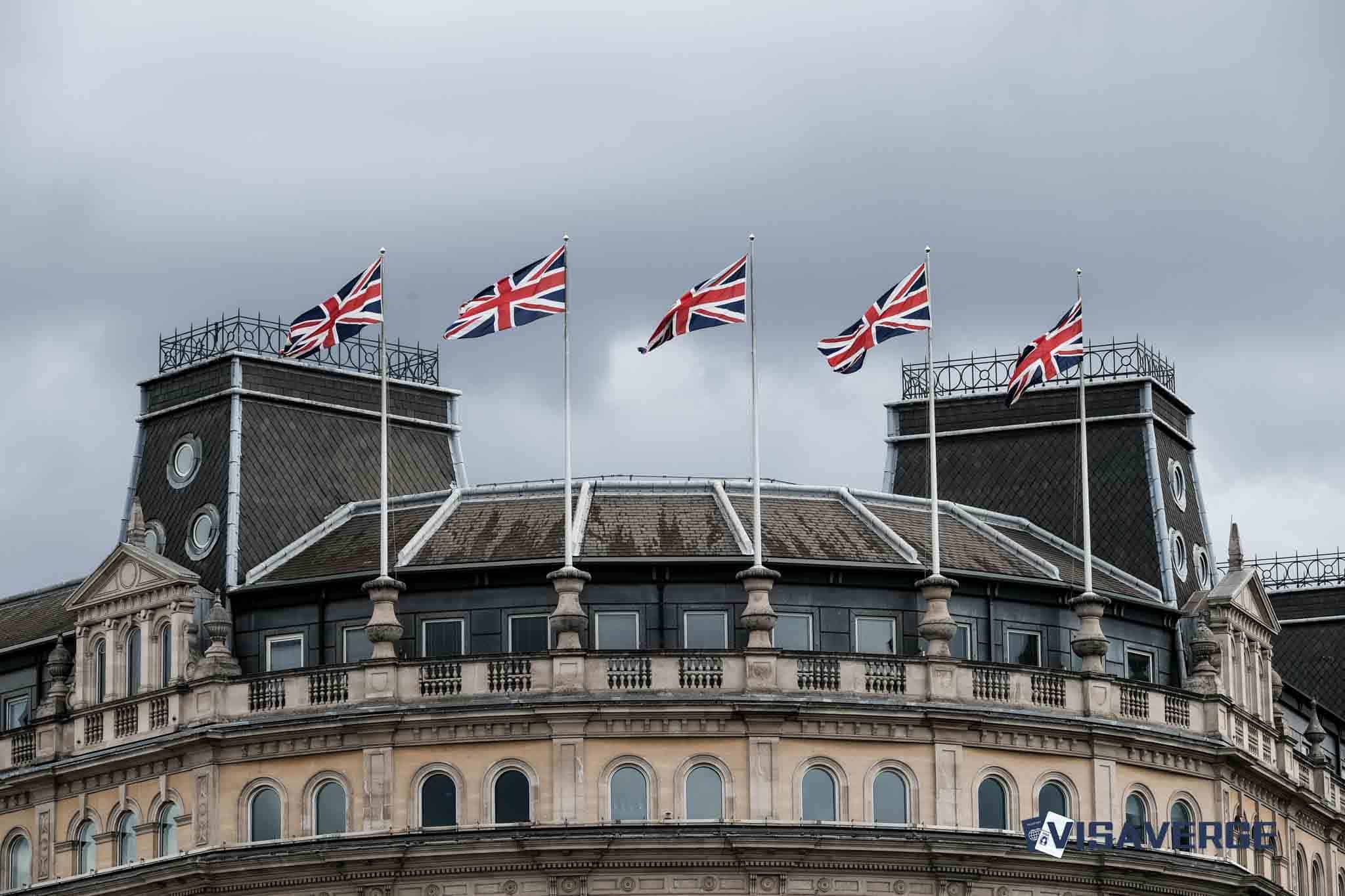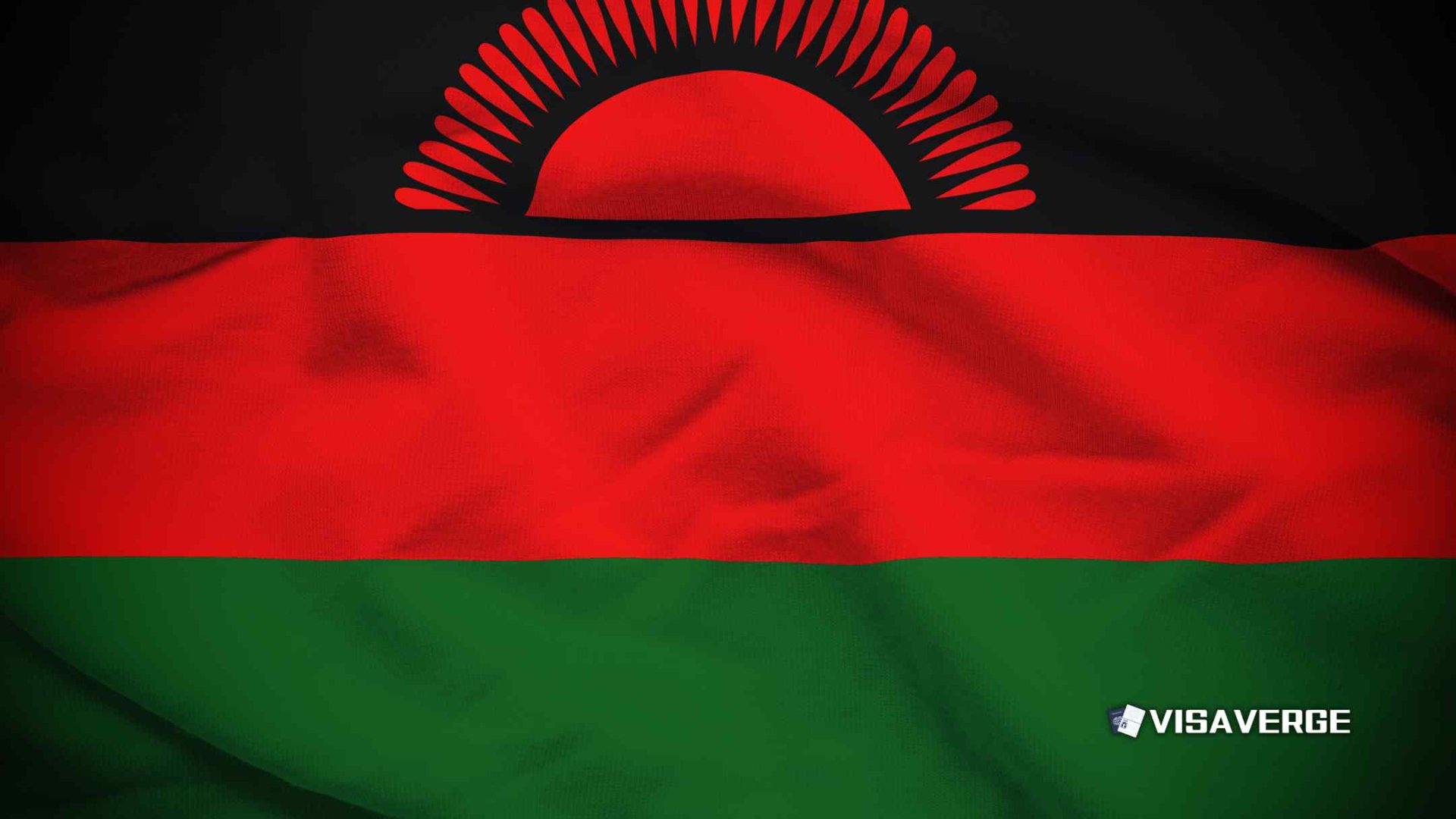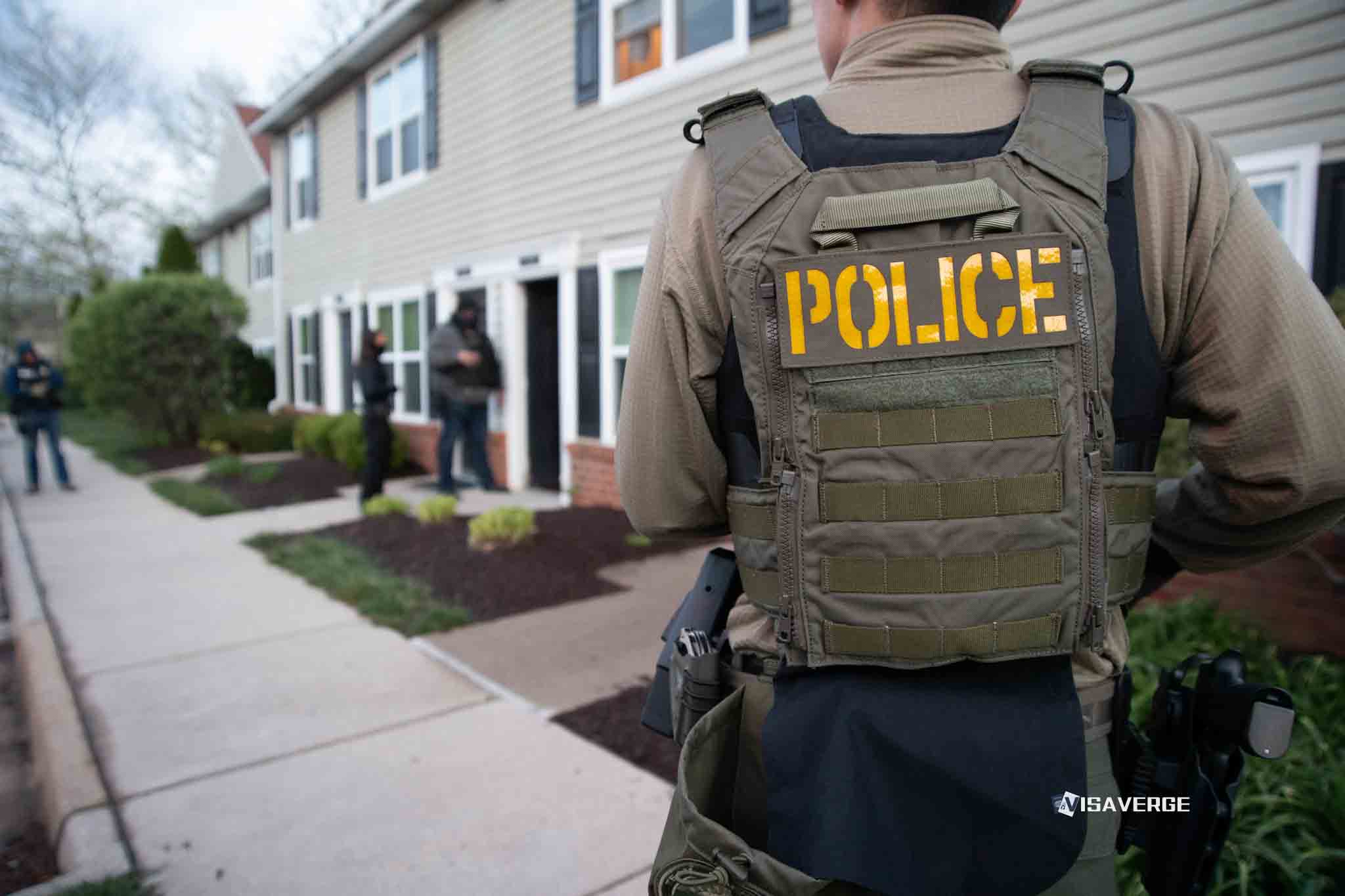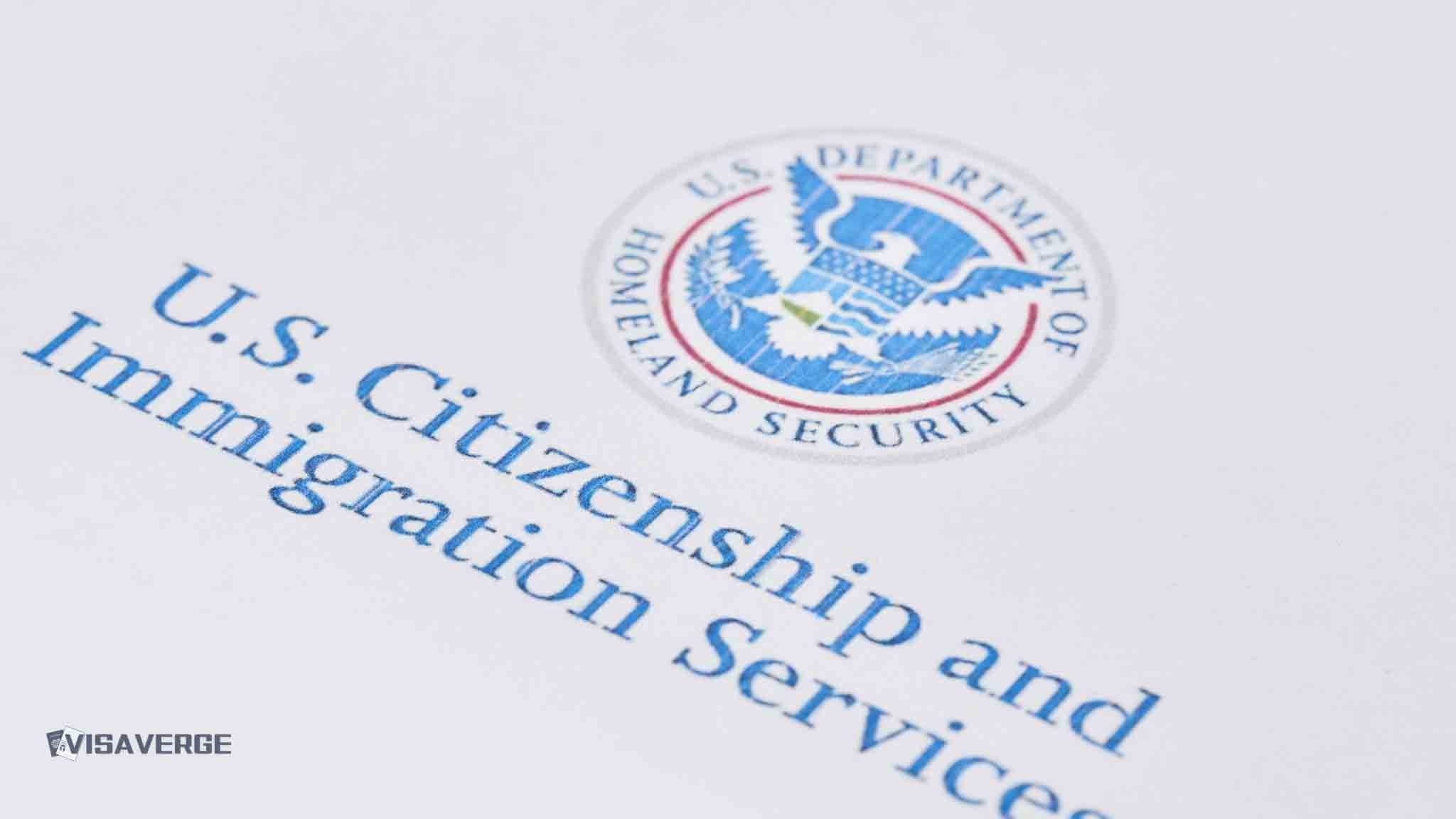Key Takeaways
• UK plans to repeal Rwanda policy and explore return hubs in Kosovo for failed asylum seekers in 2025.
• Over 12,000 migrants crossed the Channel illegally in early 2025, increasing backlogs to 161,000 cases.
• Border Security, Asylum and Immigration Bill 2025 proposes stricter border controls and legal powers.
The United Kingdom 🇬🇧 is once again at a crossroads in its approach to asylum seekers, with the government moving away from the controversial Rwanda policy and exploring new options such as return hubs in Kosovo. This shift comes amid record numbers of Channel crossings, a growing backlog of asylum cases, and intense political debate. The decisions made now will shape the future of the UK’s asylum and immigration system, affecting thousands of people seeking safety and a new life.
What Is the Rwanda Policy and Why Is It Changing?
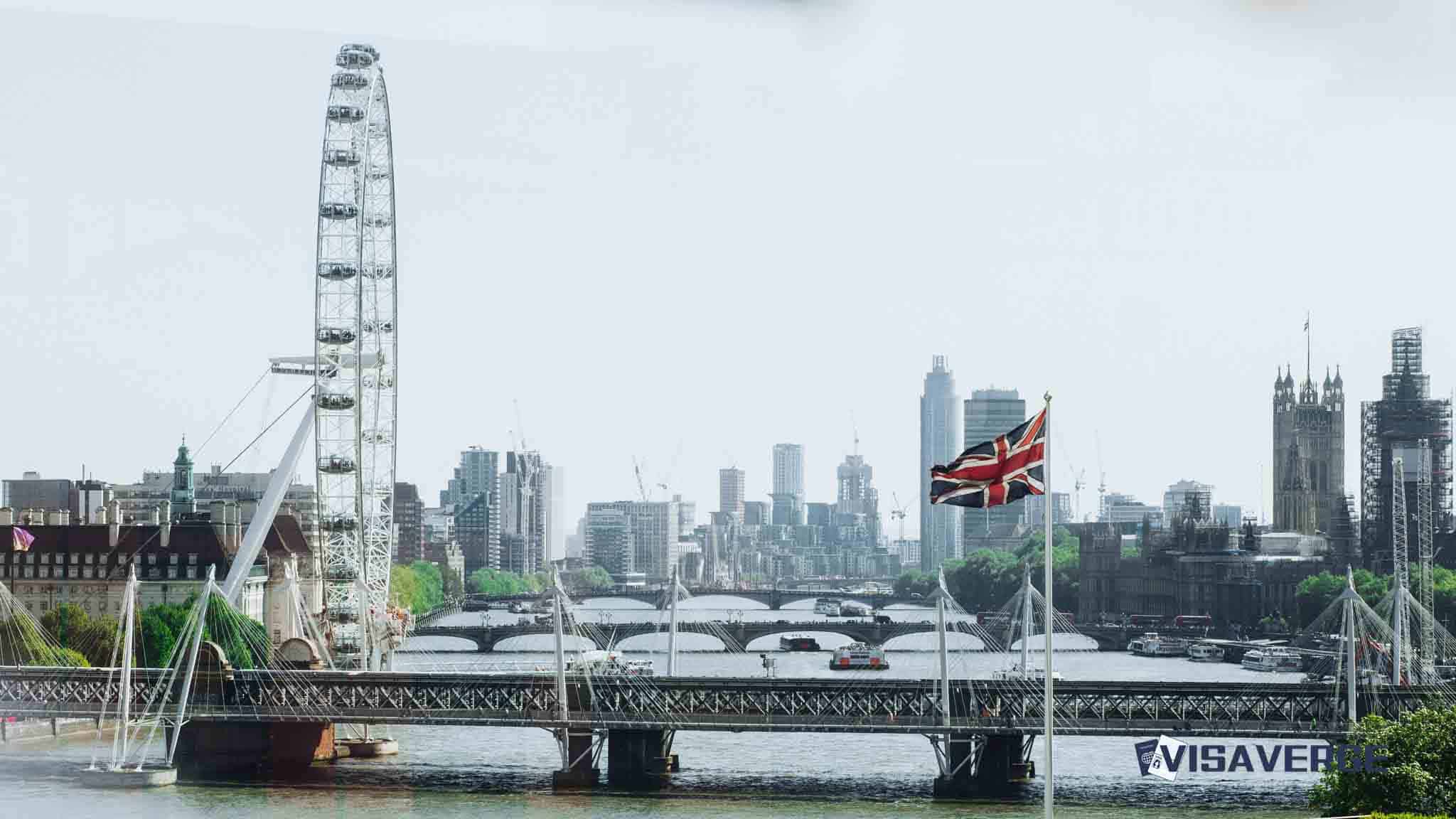
The Rwanda policy, officially called the UK and Rwanda Migration and Economic Development Partnership, was first announced on April 14, 2022, by then-Prime Minister Boris Johnson. The plan aimed to send certain asylum seekers who arrived in the UK 🇬🇧 illegally to Rwanda 🇷🇼. There, their asylum claims would be processed, and if successful, they would be resettled in Rwanda rather than the UK. The policy was designed to discourage people from making dangerous journeys across the Channel and to reduce the number of asylum seekers arriving in the UK.
However, the current UK government has decided to move away from this approach. In January 2025, the Home Secretary told Asylum Aid—a charity that helps asylum seekers—that the government would repeal the Safety of Rwanda Act 2024 during the current session of Parliament. This promise was made official in a legal agreement, and the High Court sealed the decision on January 13, 2025. The Home Secretary also confirmed that once the Act is repealed, all guidance and policies related to sending failed asylum seekers to Rwanda will be withdrawn.
This marks a major change from the previous government’s stance and signals a new direction for UK asylum policy.
How Much Did the Rwanda Policy Cost?
The Rwanda policy involved a large financial commitment from the UK government. Here are the main costs:
- £370 million in development funding for Rwanda
- An extra £120 million to be paid after 300 people were relocated
- Up to £171,000 per person relocated, covering a five-year integration package
- By the end of 2023, £240 million had already been paid to Rwanda
- Another £50 million was due in April 2024
Despite these payments, the policy never fully got off the ground. No asylum seekers were actually relocated to Rwanda under the scheme. The large sums spent have led to criticism from many sides, with some saying the money could have been better used to improve the UK’s own asylum system.
What Are Kosovo Return Hubs and How Do They Work?
With the Rwanda policy being dismantled, the UK government is looking for new ways to handle failed asylum seekers—people whose claims have been rejected and who have no legal right to stay in the UK. One idea being considered is the creation of return hubs in Kosovo 🇽🇰.
According to reports from May 26, 2025:
- Kosovo is one of nine countries the UK government is considering as possible locations for these return hubs.
- The president of Kosovo, Vjosa Osmani, has said the country is “open to discussing it,” but no formal talks have started yet.
- Other countries on the list include Serbia, North Macedonia, Bosnia-Herzegovina, and several outside Europe.
- The UK government hopes to make progress on these talks by the West Balkan leaders’ summit in London in autumn 2025.
These return hubs would be different from the Rwanda scheme. Instead of processing all new arrivals, the hubs would only be for failed asylum seekers who have exhausted all legal options to stay in the UK. The idea is to process these individuals in a third country before eventually deporting them, especially if they are using legal tactics to delay their removal.
Why Is the UK Government Making These Changes?
The main reason for these changes is the ongoing challenge of people crossing the Channel in small boats to reach the UK. The numbers have been rising sharply:
- Over 12,000 people crossed the Channel illegally on small boats in the first five months of 2025.
- As of May 2025, 13,573 migrants had made the crossing, which is 37% higher than the same period last year.
- In 2022, 45,755 people arrived by small boats, a 60% increase from 2021.
- The backlog of asylum cases has reached a record 161,000.
These figures show that the UK is facing a serious challenge in managing its borders and processing asylum claims. The government hopes that new policies, like return hubs, will help reduce the number of people making dangerous journeys and speed up the removal of those who have no right to stay.
What Does the New Border Security, Asylum and Immigration Bill 2025 Propose?
To support these changes, the government is pushing forward with the Border Security, Asylum and Immigration Bill 2025. This new law aims to:
- Give the government more powers to secure the UK’s borders
- Create new offences related to illegal entry and people smuggling
- Strengthen the asylum and immigration system
The bill is currently moving through Parliament, with the report stage scheduled for May 12, 2025. If passed, it will provide the legal framework for many of the government’s new policies, including the possible use of return hubs in countries like Kosovo.
For readers who want to follow the progress of this bill or read its full text, the official UK Parliament website provides up-to-date information.
What Do Political Parties and Critics Say?
The UK’s approach to asylum seekers is a deeply political issue, with strong opinions on all sides.
- The Labour Party has said it would cancel the Rwanda scheme if in power.
- The Conservative opposition argues that return hubs “will not work as a deterrent” because most people who cross the Channel have their asylum claims accepted, so they would not be affected by the return hubs plan.
- Chris Philp, the shadow home secretary, criticized the government’s efforts, saying, “The prime minister’s attempt to get Albania to act as a return hub was humiliatingly dismissed by the Albanian prime minister.”
These comments show that there is no easy agreement on the best way forward. Some believe tough measures are needed to stop illegal crossings, while others argue for a more compassionate approach.
What Do Human Rights Groups and Legal Experts Think?
Many human rights organizations and legal experts have welcomed the decision to repeal the Rwanda Act. They argue that sending asylum seekers to third countries is not a fair or effective solution.
- Alison Pickup, Executive Director of Asylum Aid, said, “We look forward to the government acting on its commitment to roll back the Safety of Rwanda Act as soon as possible during this Parliament.”
- Human rights solicitor Stephanie Hill called the decision “a significant victory for the rule of law and the protection of asylum seekers in the UK.”
- These groups are calling for more investment in a fair and effective asylum system and the creation of safe routes for people seeking protection, rather than outsourcing the process to other countries.
Analysis from VisaVerge.com suggests that while the government’s new direction may address some legal and ethical concerns, it still leaves many questions about how failed asylum seekers will be treated and whether the new return hubs will be effective.
How Do These Policies Affect Asylum Seekers and Other Stakeholders?
The changes in UK policy have real impacts on several groups:
Asylum Seekers:
– Those who arrive in the UK hoping for safety may face more uncertainty about where their claims will be processed.
– Failed asylum seekers could be sent to a third country, such as Kosovo, for processing before being deported.
– The lack of safe and legal routes may push more people to take dangerous journeys.
UK Government:
– The government faces pressure to reduce illegal crossings and clear the backlog of cases.
– It must balance border security with its legal and moral obligations to protect refugees.
Host Countries (like Kosovo):
– Countries asked to host return hubs may face their own political and social challenges.
– They must consider the impact on their own communities and international reputation.
Charities and NGOs:
– Organizations that support asylum seekers are calling for more humane and effective solutions.
– They want the government to invest in the UK’s own asylum system and create safe routes for people in need.
What Are the Main Challenges and Risks?
While the government’s new approach aims to address some of the problems with the Rwanda policy, it also brings new challenges:
- Legal Challenges: Any new policy involving third countries could face court cases, as happened with the Rwanda scheme.
- International Relations: Negotiating agreements with countries like Kosovo may be difficult, and not all countries will be willing to cooperate.
- Effectiveness: Critics argue that return hubs may not deter people from making dangerous journeys, especially if most asylum seekers are eventually accepted.
- Human Rights: There are concerns about the treatment of asylum seekers in third countries and whether their rights will be protected.
What Should Asylum Seekers and Their Supporters Do Now?
For those affected by these changes, it is important to:
- Stay Informed: Follow updates from the UK government and trusted organizations about new policies and laws.
- Seek Legal Advice: If you are an asylum seeker or supporting one, get advice from a qualified immigration lawyer or charity.
- Use Official Resources: The UK government’s asylum and immigration guidance provides up-to-date information on current rules and processes.
- Watch for New Developments: The situation is changing quickly, especially as the Border Security, Asylum and Immigration Bill 2025 moves through Parliament and talks with countries like Kosovo continue.
Background: How Did We Get Here?
The UK has a long history of accepting refugees and asylum seekers, but the system has come under strain in recent years. The sharp rise in Channel crossings, combined with a growing backlog of cases, has led to calls for reform. The Rwanda policy was one attempt to address these challenges, but it faced legal, ethical, and practical problems from the start.
Now, with the policy being repealed and new ideas like Kosovo return hubs being discussed, the UK is once again trying to find a balance between border control and its responsibilities to protect those fleeing danger.
Looking Ahead: What’s Next for UK Asylum Policy?
The coming months will be critical for the UK’s asylum and immigration system. Key things to watch include:
- Repeal of the Rwanda Act: The government has promised to remove this law, ending the Rwanda policy for good.
- Progress on Kosovo Return Hubs: Talks with Kosovo and other countries will determine if return hubs become a reality.
- Passage of the Border Security, Asylum and Immigration Bill 2025: This law will shape the future of UK border and asylum policy.
- Impact on Channel Crossings: It remains to be seen whether new policies will reduce the number of people making dangerous journeys.
As the UK government continues to search for solutions, it is clear that there are no easy answers. The choices made now will affect not only the lives of asylum seekers but also the country’s reputation and its ability to manage migration in a fair and effective way.
Takeaway:
If you are an asylum seeker, a supporter, or simply interested in UK immigration policy, keep a close eye on official updates and seek reliable advice. The situation is changing, and staying informed is the best way to protect your rights and understand your options.
Learn Today
Rwanda policy → UK agreement to relocate certain asylum seekers to Rwanda for processing and resettlement.
Return hubs → Foreign centers where failed asylum seekers are processed before deportation from the UK.
Asylum seeker → A person seeking international protection and refugee status in a foreign country.
Safety of Rwanda Act 2024 → UK legislation enabling the Rwanda asylum relocation policy, now set for repeal.
Border Security, Asylum and Immigration Bill 2025 → UK law proposal to strengthen border control and immigration enforcement.
This Article in a Nutshell
The UK ends its Rwanda asylum plan, seeking return hubs in Kosovo amid rising Channel crossings. New laws aim to secure borders and manage failed asylum seekers amid political debate and human rights concerns.
— By VisaVerge.com



